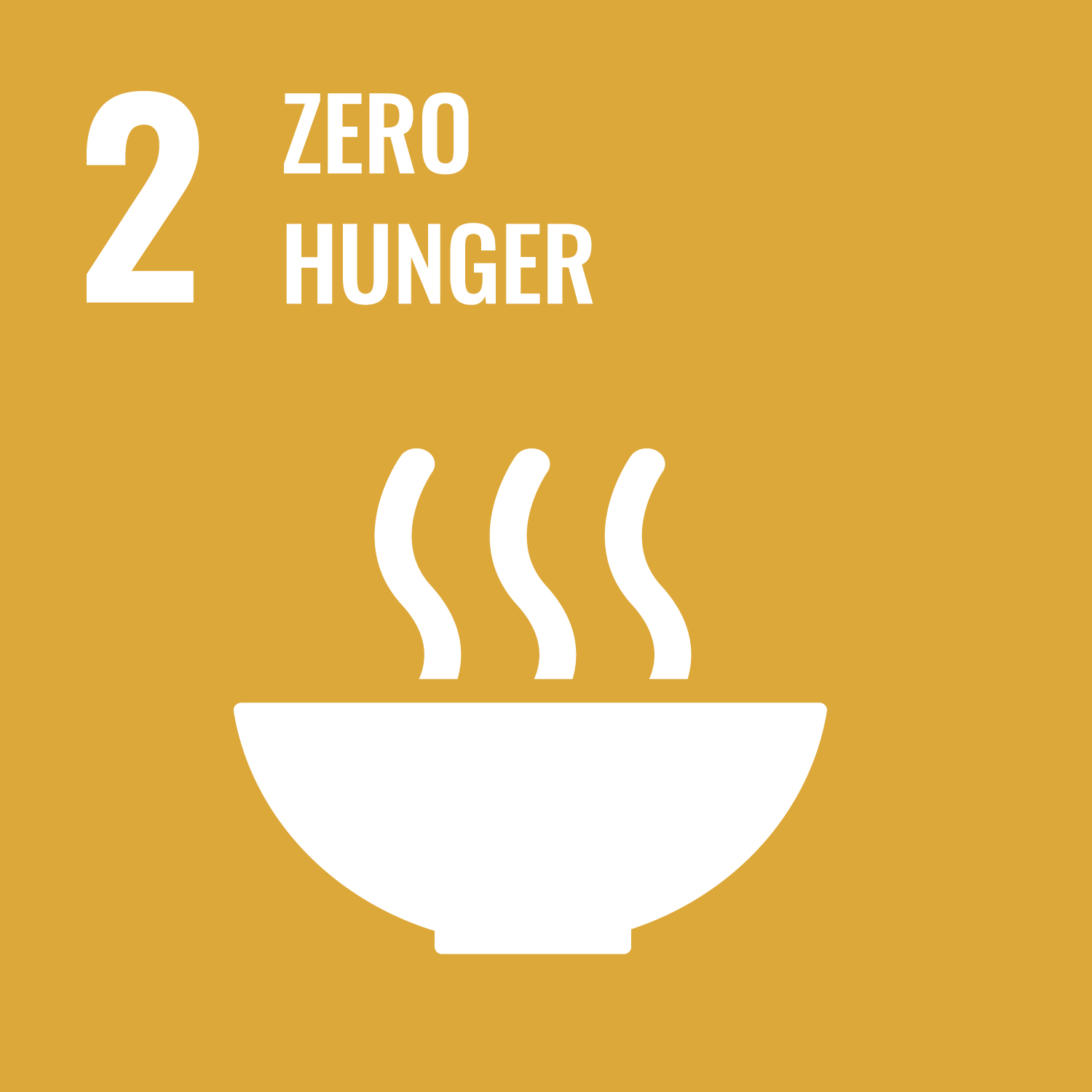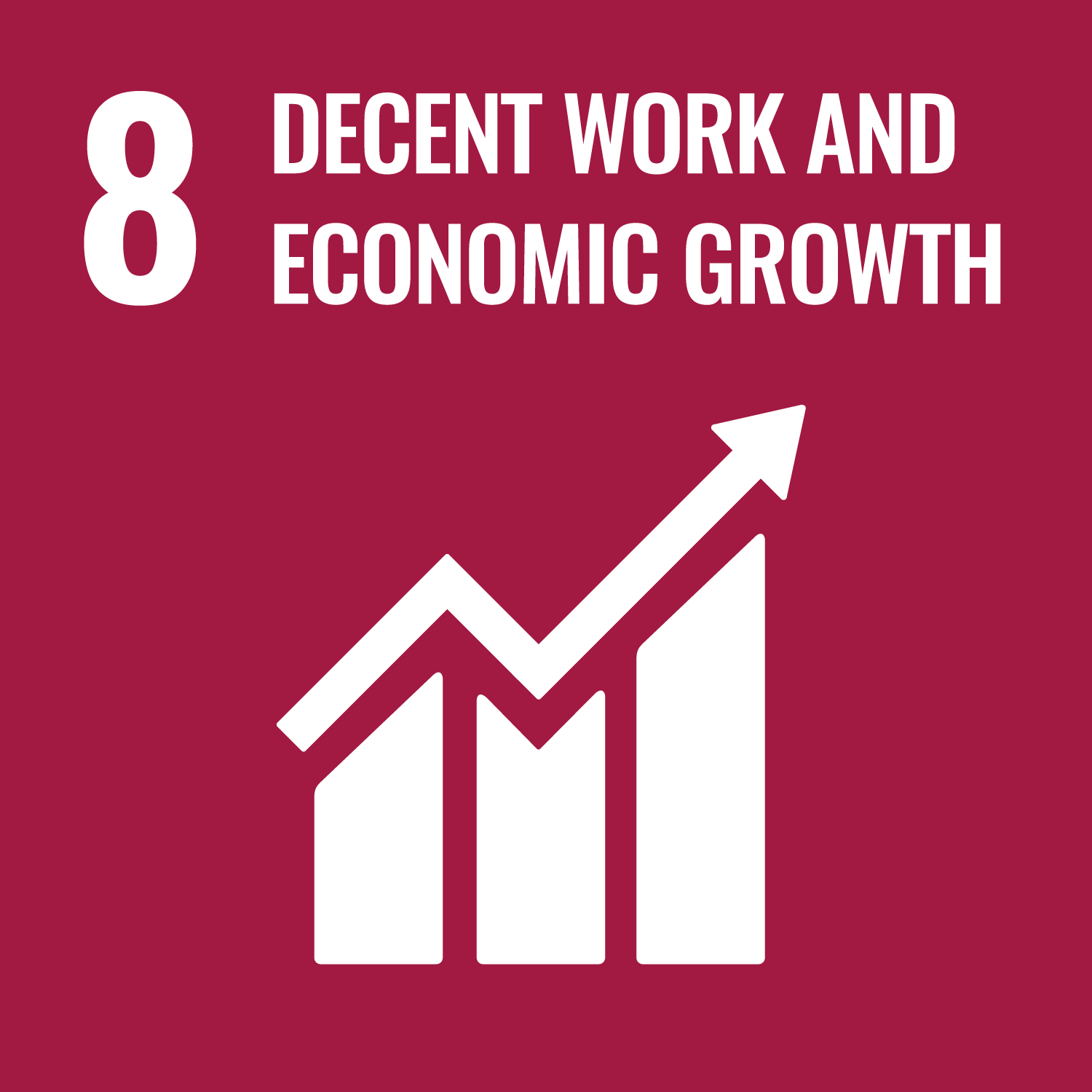Sector Project Agriculture
OBJECTIVES
German development cooperation promotes sustainable agricultural and food systems within our planet’s limits as a contribution to ‘One World – No Hunger’.
DESCRIPTION
The Sector Project supports the German Federal Ministry for Economic Cooperation and Development (BMZ) in positioning for a global sustainable agricultural and food economy.
APPROACH/FIELD OF INTERVENTION
The project supports BMZ in positioning and agenda-setting in the area of agriculture. In addition to providing policy and strategy advice, the project develops methods and concepts and promotes networking and knowledge management in the priority areas:
- Crop production and animal husbandry: promoting sustainable agricultural production
Integrated, site-appropriate and resource-efficient farm systems that also promote climate-resilient and low-emission agricultural development.
- Agri-food and nutrition sector: strengthening agricultural value chains
Promotion of investments, marketing for agricultural products and innovative business models, as well as cooperation with the economy.
- Disseminating innovative agricultural policy and agricultural trade policy
Free and fair trade in agricultural products, continental and national agricultural policy reforms and trade agreements, and the impact of EU agricultural policy on developing countries.
Cross-cutting issues: Gender equality, human rights, digitalisation, climate change adaptation, climate change mitigation and green recovery.
TARGETED BENEFICIARIES
Currently, around 3.4 billion people live in rural areas, 92 percent of them in developing and emerging countries. Around 70 percent of the people suffering from hunger worldwide also live in rural areas. The BMZ’s global target group in agriculture is therefore smallholder farmers and groups of people working in the agricultural and food sector (micro, small and medium-sized enterprises) in developing and emerging countries. Particular attention is paid to gender equality and the empowerment of women and young people. The focus is on the African continent and the population in the least developed countries (LCD).
One of the greatest challenges to effective biodiversity conservation in Viet Nam is the shortage of funding available to protected areas. To support mobilisation of additional resources for the conservation of natural forests, the project is supporting expansion of existing Payment for Forest Environmental Services (PFES) in selected provinces in Viet Nam. Through a strategic assessment coupled with a multi-stakeholder workshop, new potential buyers of forest environmental services were identified. Based on these results, a concrete proposal for including two hydro power plants in the PFES scheme in Yen Bai province was developed by the Department of Agriculture and Rural Development. The proposal was based on the idea that the operators of the hydro power plants benefit from the water-regulating services of the nearby forests, thereby increasing power production. The proposal was approved and additional payments, estimated to reach EUR 145,000 annually, started flowing in 2021. The protected area management board and adjacent communities are now benefitting from these resources, which can be used for enhanced forest patrolling along with other conservation acyivities.







